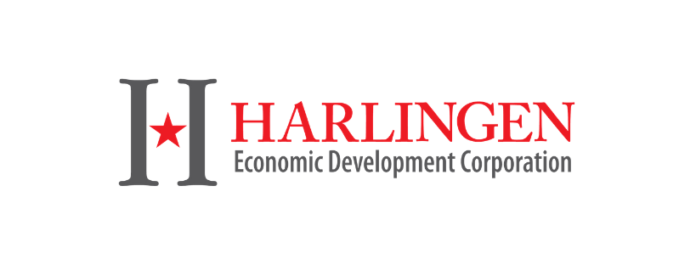HARLINGEN — The city’s financial lifeline to small businesses hurt by the COVID-19 shutdowns and related disruptions provided assistance to 52 entities and issued no-interest loans totaling $489,000, officials said Tuesday.
The Harlingen Emergency Loan Program, or HELP, was the brainchild of the Harlingen Economic Development Corp. and launched May 1 with $1 million set aside by the agency.
“We stopped taking applications on Sept. 30 and we did the last round just about a week and a half ago,” Raudel Garza, chief executive of the HEDC, told the agency’s board Tuesday. “We distributed a total of $489,000 of the million dollars that was set aside.”
“This helped 52 different small businesses which actually impacted at least 376 direct jobs, and indirect jobs would be a much bigger number,” Garza added.
Garza presented the board with a breakdown of just what kind of businesses applied for and were granted the zero-interest loans, as well as where they are located.
Of those granted loans, 72 percent were owned by sole proprietors.
“A third of those recipients were in the food industry,” he told the board. “Originally, we thought that would be a much bigger number, but as it was, a lot of them adapted to the shutdowns by doing curbside and drive-thrus and that type of thing.”
“A third of those recipients were in the service industry,” he continued. “These were the barbers, the beauticians, the massage therapists. And 19 percent were what we call the local mom-and-pop retail shops, mostly in the downtown area, but also in other parts of the community.”
Thirteen percent of recipients operated in the fitness industry, primarily gyms and personal trainers, he said.
The numbers crunched by the HEDC staff showed many of the loan recipients — 38 percent — were relatively young businesses, having been operational for under five years. About half of those have been in business for less than a year, he said.
“But we also had businesses that have been around for six to 10 years,” Garza told the board. “About 23 percent of them had been around for six to 10 years.”
“For those that have actually been around over 10 years, that was 39 percent,” he said. “So it was fairly even in the distribution of businesses and how long they’ve been in business.”
Garza said most of the businesses which receive the HELP loans were in city districts two, three and four, which he described as “really kind of the core of the city.”
Of those businesses, a large proportion were located in or around the city’s downtown area, he said.
Garza also informed the board that the innovative HELP program did not go unnoticed elsewhere in Texas.
“Finally, I just want to say we did receive, to those who haven’t heard in the audience, an award from the Texas Economic Development Council for this particular program,” Garza said. “It was basically the most transferable program in the state in terms of the ability for other communities to adopt this program with the guidelines we put together.”
“We were recognized during the annual conference for TEDC, and it’s something you all should be very proud of,” he told the board.





